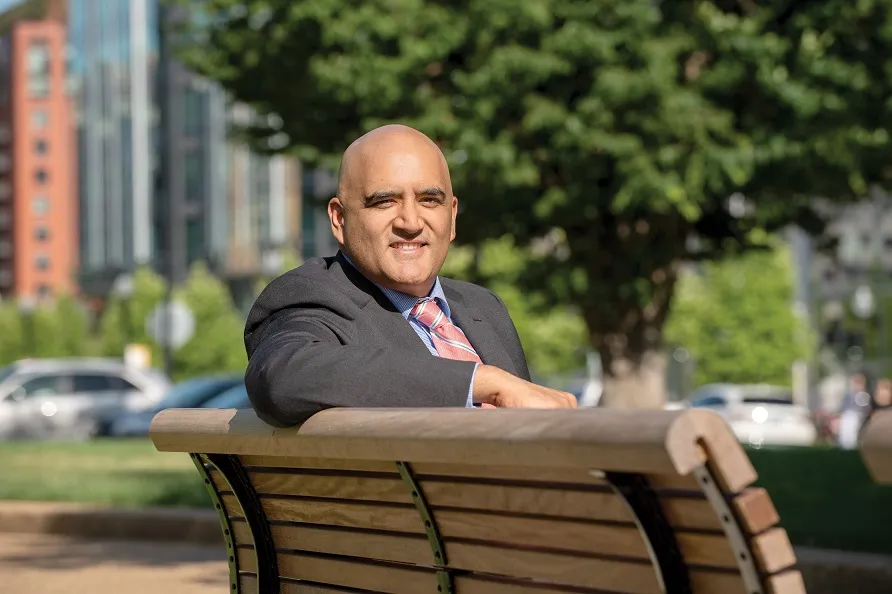
ITS America president and CEO Shailen Bhatt has reiterated his support for road pricing, saying that "congestion is a function of high demand for a scarce resource, which is space on the road during peak time".
His comments come in an interview with AirSage Magazine, during which he suggests that, rather than road pricing being a new tax, it is "a way to price a scarce resource appropriately. We do the same with water, power, and other utilities".
"The road is not free," Bhatt adds. "When you are sitting in congestion, you are paying with your time."
He cites Singapore and London as cities which have successfully implemented the concept, and suggests New York City "has a good model in place, putting the collected revenue into their transit system".
But he insists: "Cities that consider introducing road pricing should offer their citizens transit alternatives."
Bhatt also emphasises the importance of equal access to transportation.
"I do think we need to overlay this idea of sustainability with the concept of equity, and maybe that means
increased access to transit or greater deployment of autonomous vehicles to eliminate transit 'deserts' where people do not have access to rides," he suggests.
"These are important metrics because mobility is freedom. Many people decide to use public transportation, not for the sake of being green, but because it is their only way of getting around," he concludes.
"A sustainable transportation system is the one that provides the most freedom of choice to access jobs and health care to the most people."
You can read the full interview here










